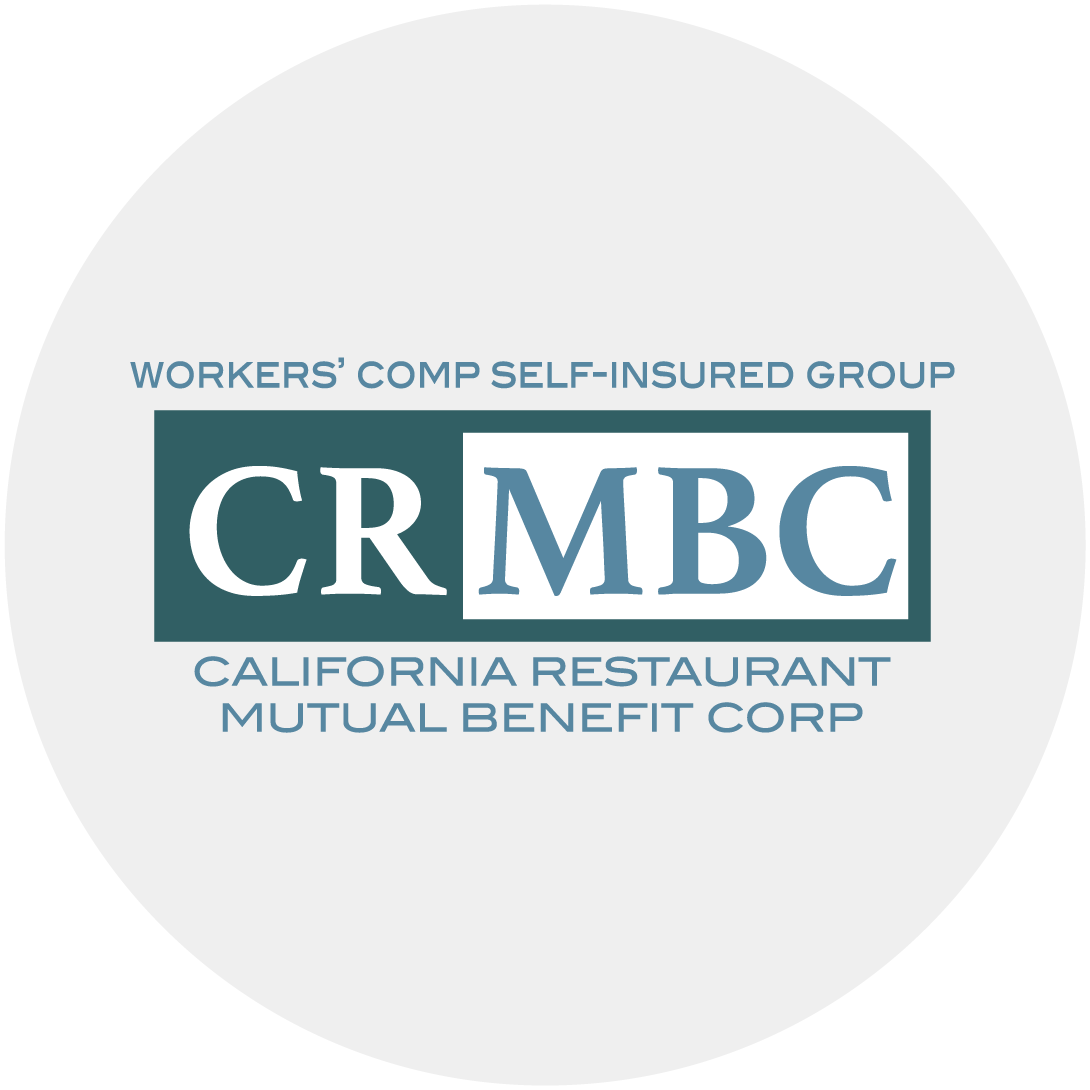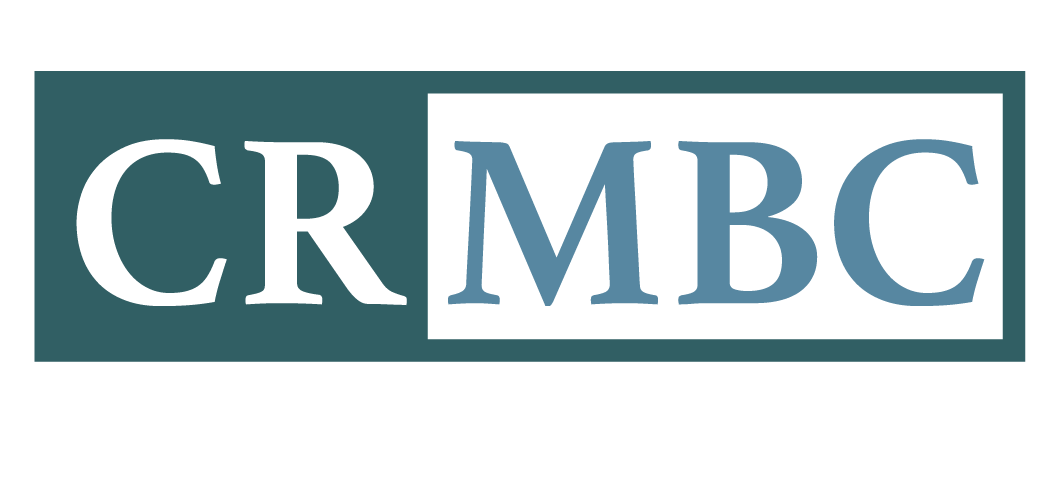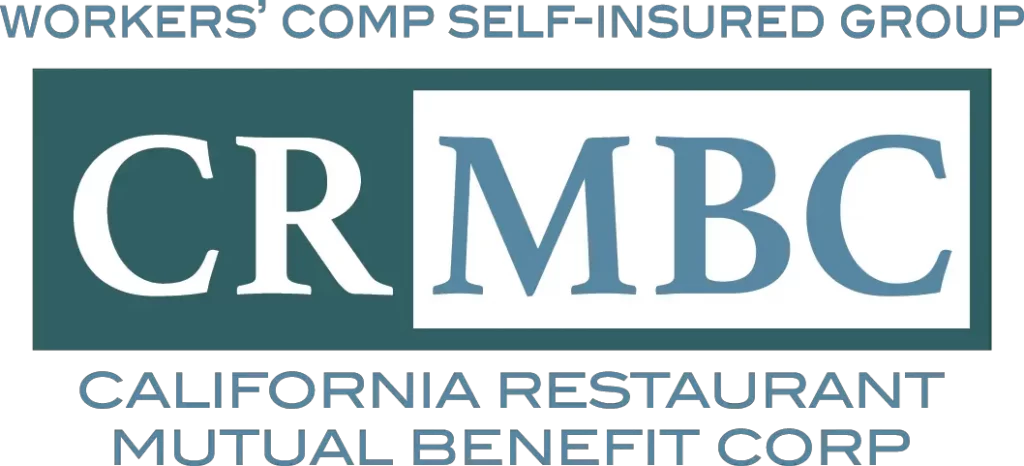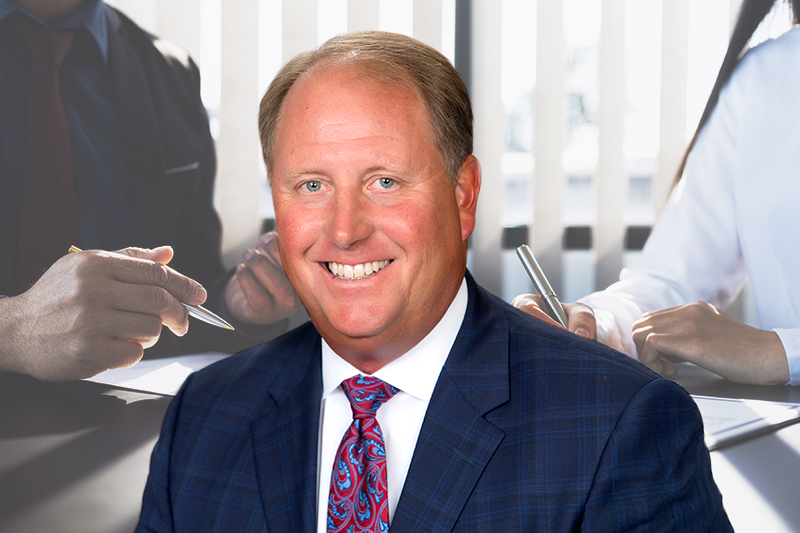Running a successful restaurant requires a keen understanding of operational challenges and financial management, especially workers’ compensation. Many operators must pay more attention to this critical aspect until it becomes costly. Effectively managing workers’ compensation can significantly influence your bottom line, particularly in California, where the landscape presents unique challenges.
In a recent episode of the Self-Insurance Podcast, Scott Gaffner, PATH’s Chief Underwriting Officer, shared his valuable insights on the importance of strategic underwriting within self-insured groups. With over 30 years of experience, Scott emphasized how a well-structured self-insurance model mitigates risks and fosters collaboration among restaurant operators. His expertise underscores the need for a proactive approach to underwriting, highlighting the potential long-term benefits of self-insurance.
Understanding Underwriting in Self-Insurance
Scott began by explaining the foundational role of underwriting in self-insured groups. “Underwriting is at the core of a self-insured group because any member effectively becomes a business partner with everyone else,” he noted. This partnership relies on aligning interests to create a cooperative, nonprofit organization focused on shared success.
He pointed out that underwriting helps identify members willing to engage in risk management actively. “They recognize they have skin in the game,” he added. This mindset is crucial, allowing members to take responsibility for workplace safety and collaborate with their self-insured group to control claims.
The Benefits of Self-Insurance
Scott passionately advocates for self-insured groups, stating, “The self-insured group model is the lowest cost of ownership for members.” While not every entity is large enough to self-insure independently, joining a self-insured group offers significant advantages.
“95 percent of self-insured groups are well run,” he explained. “They self-police effectively and focus on caring for their injured employees.” By adopting this model, restaurant operators can enhance their financial stability while ensuring a commitment to employee well-being.
Scott also stressed the importance of understanding the nuances of self-insurance compared to traditional insurance. “In a self-insured group, members are not just policyholders; they are active participants in managing their risks,” he remarked. This participation creates a sense of community and shared accountability that can lead to better outcomes for all involved.
Addressing Concerns About Risk
In discussing the perceived risks associated with self-insurance, Scott addressed common objections he encounters. Many brokers advise against self-insurance, labeling it too risky. He responded, “It’s too risky not to be in a self-insured group.” He argued that traditional insurance models leave businesses at the mercy of external players who may not share the same interests in risk management.
He further emphasized the importance of regulations governing self-insured groups, which protect employers and ensure that injured employees receive necessary care. “The primary reason for workers’ compensation is to take care of injured employees and get them back to work,” he reiterated. Regulations help maintain this focus, preventing scenarios where employers might neglect their responsibilities.
Learning from Experience
Scott shared insights into how effective underwriting can prevent self-insured groups from failing. “The mission is to take care of injured employees,” he emphasized. The group can falter when members lose sight of this mission or allow greed to influence decision-making.
He also noted the dangers of comparing self-insured groups to traditional insurance based solely on upfront pricing. “If someone tries to be the cheapest every year, the model doesn’t work that way,” he warned. “You can’t overpay in a self-insured group because the members own surplus.” This approach fosters a sense of accountability and encourages proactive management of claims.
The Role of the Experience Modification Rate (XMOD)
Scott explained how the Experience Modification Rate (XMOD) reflects a company’s claims history relative to others in the industry. “If you’re average, your mod is 1.0. If you outperform, you get a lower mod,” he clarified. This rating significantly impacts premium costs and a company’s desirability to underwriters.
He cautioned that traditional carriers may entice businesses with artificially low rates, which can lead to increased costs down the line. “That low premium often isn’t enough to cover losses,” he noted, highlighting the importance of understanding the long-term implications of such decisions.
Emphasizing a Cooperative Approach
In discussing the dynamics within self-insured groups, Scott highlighted the need for a cooperative approach among all members. “When you have different parties involved, everyone needs to be aligned with the mission,” he said. If any player, whether the board or the claims administrator, becomes overly focused on personal gain, it can jeopardize the entire group’s success.
Scott’s experience shows that communication is vital. “Having open dialogues with all stakeholders helps ensure everyone remains focused on protecting injured employees,” he noted. This collaboration is essential for maintaining the integrity of the self-insured group model.
Preparing for Market Fluctuations
As Scott discussed the impact of market conditions on self-insured groups, he emphasized that misconceptions about when to consider self-insurance are prevalent. Many operators mistakenly believe they should wait for a hard market to join a self-insured group. “This is an inaccurate way to look at it,” he stated. Regardless of market conditions, the benefits of self-insurance remain constant.
Scott emphasized the importance of effective claims management for restaurants. This proactive approach addresses injuries more effectively and cultivates a safety culture that benefits both employees and the bottom line. CRMBC emphasizes the significance of having dedicated teams and processes in place to manage claims, ensuring that injured employees receive prompt care and support.
Effective underwriting is essential for the success of self-insured groups. By ensuring that all members are aligned in their commitment to employee care and cost management, restaurant operators can better navigate the complexities of workers’ compensation.
Partnering with experienced professionals like CRMBC can provide invaluable support for those considering self-insurance. “We underwrite to the current situation,” Scott concluded, emphasizing the importance of understanding each member’s unique circumstances.
For more insights into managing workers’ compensation and understanding the benefits of self-insurance, subscribe to the Self-Insurance Podcast or contact us at info@CRMBC.com.

Discover CRMBC’s expertise in workers’ compensation for California restaurants, featuring valuable insights, updates, and strategies for industry success.








